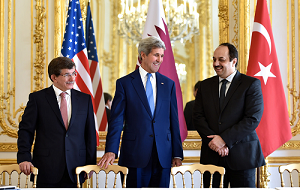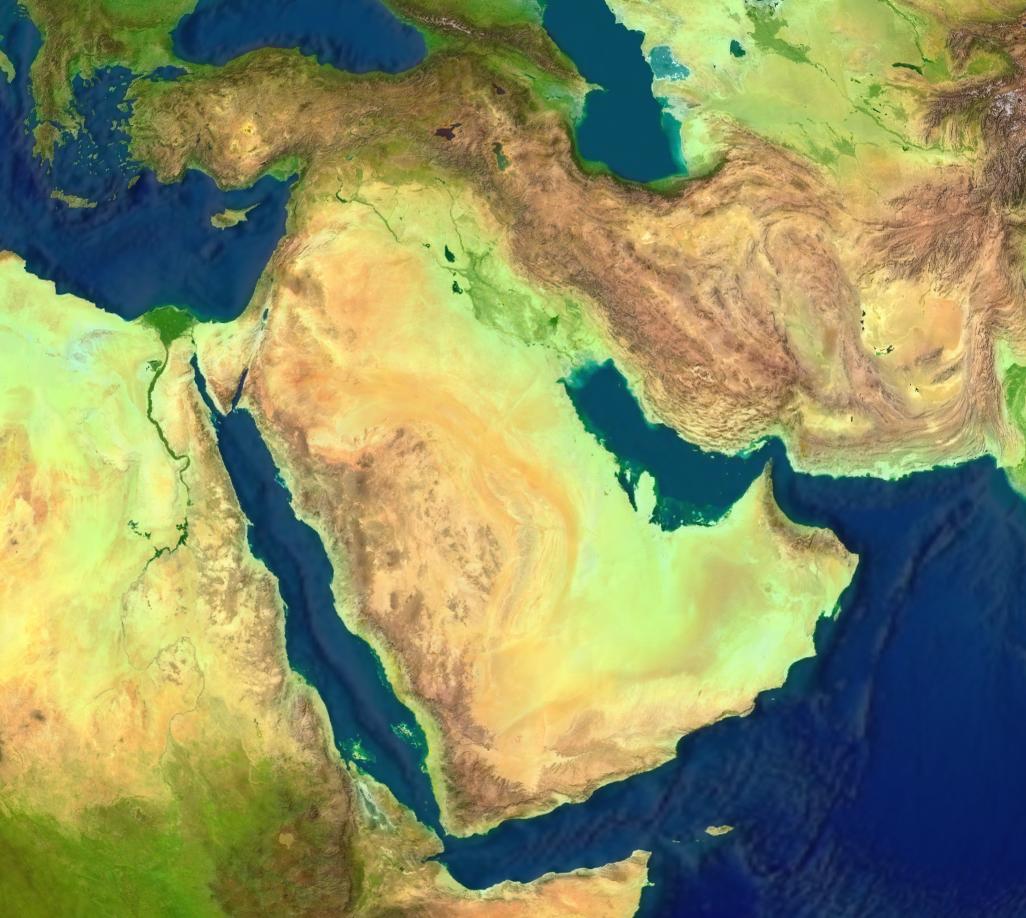Engulfed in the Gulf: Erdoğan and the Qatar Crisis
By Svante Cornell
June 29, 2017
The Gulf crisis over Qatar is once again catapulting Turkey into the politics of the Middle East, for which it is woefully unprepared. After a brief attempt at neutrality, Ankara threw in its lot with Doha, condemning the sanctions imposed by a Saudi-led coalition and accelerated its deployment of troops to a new base in Qatar. This decision risks upsetting President Erdoğan's tenuous rapprochement with Saudi Arabia, and reflects the continued ideological prism guiding Turkish foreign policy. But it also reflects a concern with regime security. At least in part, Erdoğan's embrace of Qatar reflects a belief that the same forces that supported the overthrow of Egypt's Muhammad Morsi welcomed the July 2016 failed coup in Turkey and now seek regime change in Doha. If so, Turkey's stance is unlikely to change, indicating a standoff may in the making.

Turkey is Expecting a Restart with the U.S.
By Halil Karaveli
January 23, 2017
The Kurdish question has, once again, complicated Turkish-American relations. The rhetoric of anti-Americanism remains useful to whip up and mobilize nationalist opinion. Yet, Erdoğan’s Islamists are not any aspiring anti-imperialists. What they want – and what they expect that Turkey is now going to get – is simply a better “business deal” with the United States under Donald Trump.
The Gaza-Ankara-Jerusalem Triangle: How Israel and Turkey Made Up on Gaza Above the Heads of Palestinians and Egyptians
By Nathan Shachar
July 8, 2016
Whatever dividends the fresh Turkish-Israeli rapprochement will bring, it reveals something fundamental about the new Middle East: the number of unknown variables in this ever less predictable environment is steadily growing, and even the most arrogant and unrepentant leaders will have to eat crow from time to time in order to salvage their national interests. Leaders who stand by their words and their principles will be severely handicapped.
Münir: Erdoğan’s order is going to crumble just like Atatürk’s order did
Metin Münir on t24 news site writes that the regime in Turkey is engaged in an attempt to reverse what Atatürk and his friends did when they founded the republic in 1923; they are founding a new republic. It is going to a place where conservatives, the pious and the lumpen rule supreme, and where everyone else is excluded; it is going to be a Sunni and not secular, a Middle Eastern and not European Turkey. If Atatürk and his friends had not emerged when the empire fell, Turkey would have been a mix of Pakistan, Saudi Arabia and Iraq. This fate was averted, but the founders of the republic were unable to create a peaceful regime. That was because they did not accept that Turkey is a mosaic that is made up of Turks and Kurds, of Sunnis and Alevis and of many other religious and ethnic minorities. Instead, they erected a regime ruled by secular Turks. That did not work. The emergence of Erdoğan and his friends is the result of this neglect. Now, they are repeating the same mistake in a different way. They have replaced the rule of the secular Turks with the rule of the Sunni Turks – again by disregarding the Alevis and the Kurds and the seculars who have become the biggest minority. This is not going to work either. It is going to crumble. A new order will eventually be created, but only after we have gone through indescribable miseries and destruction.
Turkey and the Sunni Bloc: Ankara Adjusts Its Middle East Policies
By Svante E. Cornell (vol. 8, no. 7 of the Turkey Analyst)
President Erdogan’s visit to Saudi Arabia and his public criticism of Iran suggest an adjustment of Turkey’s Middle East policies are under way. The Syrian conflict cooled Turkey’s relations with Iran, but boosted an alignment with Gulf States. But then, differences over Egypt seriously complicated Turkish-Saudi relations. Following events in Iraq and Yemen, the deck appears once more to be rebalanced – a new understanding with Riyadh appears to be underway, and Turkish-Iranian relations are tense. But the key question is whether these adjustments are stable, given that foreign policy appears indexed in part on Erdogan’s mood. With the ruling elite in flux, so is foreign policy.






